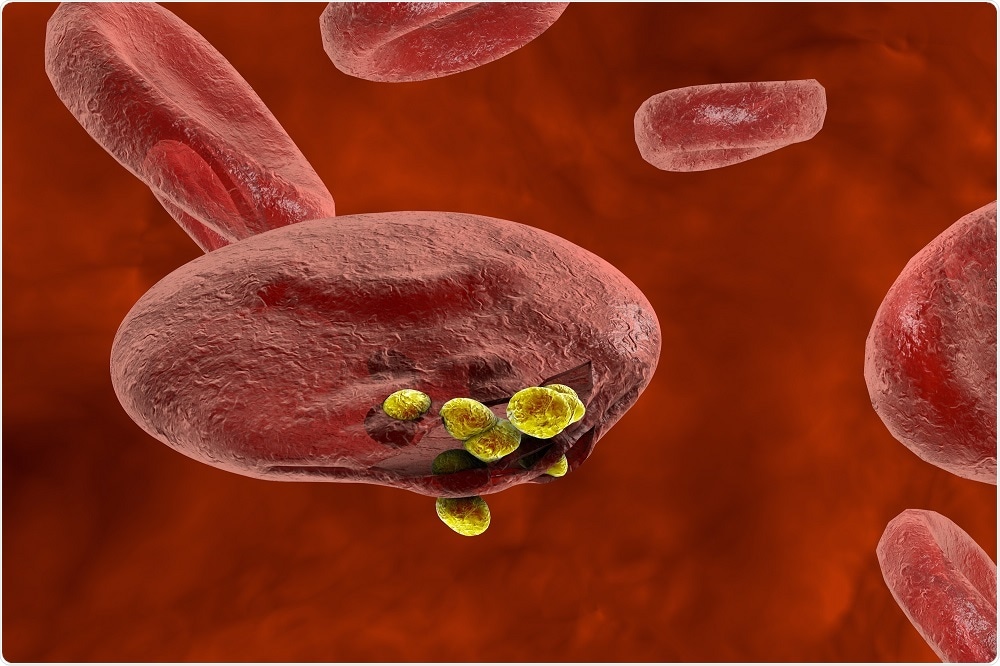Researchers have made an important discovery about how Plasmodium falciparum (the parasite that causes malaria) is able to evade capture by the immune system. The research may represent a starting point for targeting and stopping the disease.
 Image Credit: Kateryna Kon / Shutterstock
Image Credit: Kateryna Kon / Shutterstock
Scientists from Heidelberg University have found out why the parasite is able to move so much faster than the immune cells that are responsible for capturing such pathogens.
They did this by studying actin, a protein component of the cytoskeleton that is important for cell structure and movement and is built differently in parasites than it is in mammals.
Actin is assembled into long filaments that serve as a platform for the movement of immune cells while they pursue invading pathogens. However, these filaments also enable movement of the malaria parasite.
Strangely enough, malaria parasites are ten times nimbler than the fastest of our immune cells and literally outrun our immune defences. If we understand this important difference in movement, we can target and stop the parasite.”
Dr Ross Douglas, Study Author
To investigate, Douglas and colleagues studied the rate at which actin filaments are formed and broken down in both parasites and mammals. They did this by replacing parts of the parasite protein with corresponding parts from the mammalian protein.
"When we made these changes in the parasite, we noticed that some parasites could not survive at all and others suddenly hesitated when they moved," says Douglas.
The team then carried out experiments and computer stimulations to study the parasite at the molecular level and in live animals.
High -performance computers were required for simulations to observe how the structure and dynamics of actin filaments change when individual sections are swapped."
Rebecca Wade, Co-author
The findings, which were recently published in PLOS Biology, could serve as a starting point for finding chemical compounds that selectively target parasitic actin and either disrupt its formation or break down the filament.
"In this way, it could be possible to effectively stop the entire parasite," concludes Douglas.
Source:
https://www.eurekalert.org/pub_releases/2018-07/hift-tnf072018.php